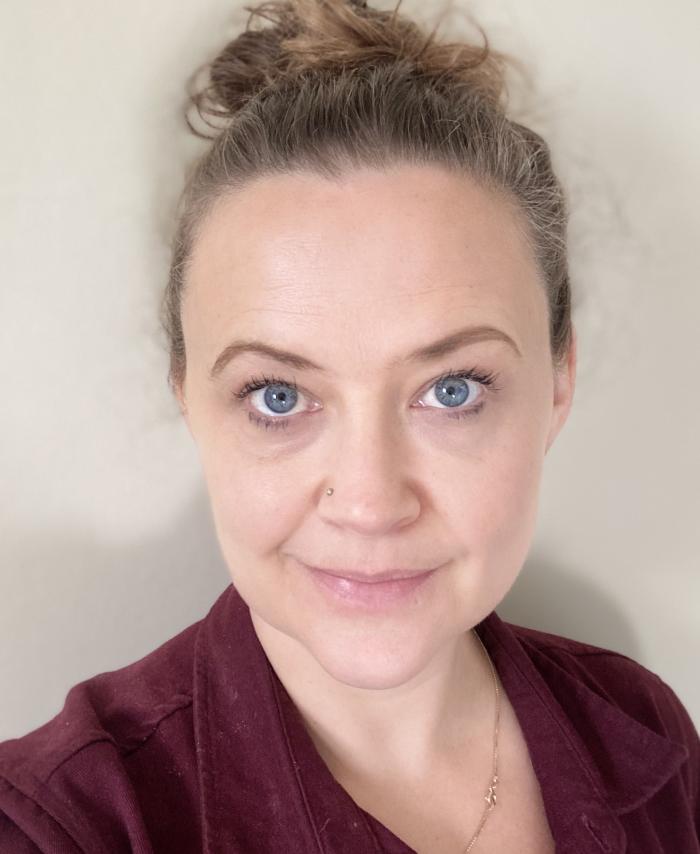
Research interests
Gender, Feminism, Humanitarianism, Development, Refugees
Synne L. Dyvik
Dr Dyvik is a Senior Lecturer (Associate Professor) interested in the gendered and racialised embodiment of international relations, development, war, refugee governance and humanitarianism. She is currently working on a co-authored monograph (with Dr Gabrielle Daoust at UNBC, Canada) entitled Humanitarianism in the Home: Private Refugee Hosting and the Politics of Hospitality(Forthcoming Routledge).Her most recent article is entitled ‘Homes For Ukraine’ and the politics of private humanitarian hospitality (Forthcoming Review of International Studies).
Her work has been published in Security Dialogue,International Political Sociology, Critical Military Studies, Geoforum,Social Policy, and International Feminist Journal of Politics. She has co-edited two books, Embodying Militarism: Exploring the Spaces and Bodies In-Between (Routledge 2018) and What's the Point of International Relations? (Routledge 2017). She is a co-editor of the Bristol University Press series Gender, Sexuality and Global Politics.
Synne has experience of working with NGOs and policy makers on a number of issue areas including safeguarding (with Save the Children), gender mainstreaming (with Saferworld)and addressing the rise in global hatred on the basis of religion or belief (with Wilton Park). She contributed to the ICAI report on The UKs Approach to Safeguarding in the Humanitarian Sector.
Planned research at ODID
My time at ODID will be spent working on my book which I am co-authoring with Dr Gabrielle Doust (UNBC). It is under contract with Routledge and we’re due to submit it in June 2025. In the book we are asking whether and if so how private refugee hosting schemes function as a form of everyday humanitarianism with particular gendered and racialised manifestations. Focusing on the public-private distinction, how the concept of home is constructed, and the governance of these practices we are exploring what kind of hospitality is on offer through private refugee hosting. We’re curious about how it is experienced by hosts and guests, the emotional and practical labour of care it relies on, and how to situate it within a broader political landscape of racism, sexism and unequal access to humanitarian hospitality.
